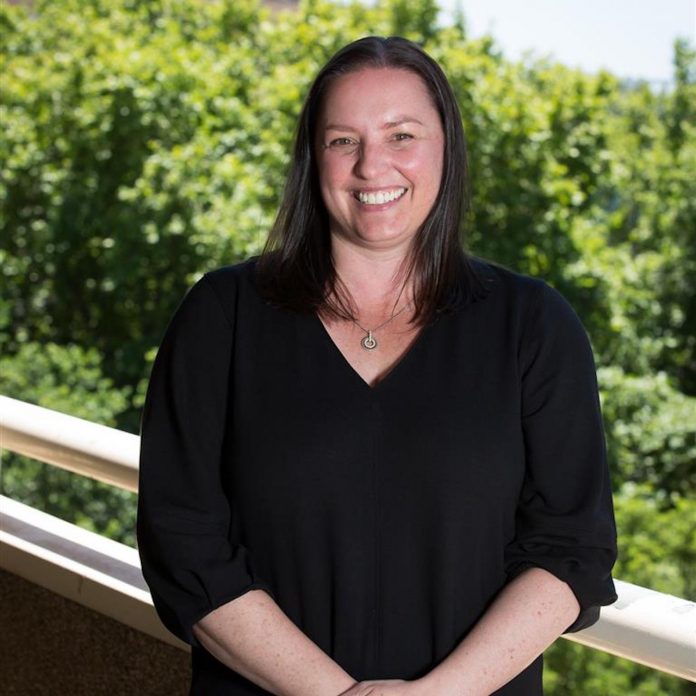At least 80 per cent of Australians aged over 70 years are at high risk of serious illness or death if they contract Covid-19.
A study by the University of South Australia found that people with high blood pressure, heart disease, diabetes and cancer are more vulnerable to poor outcomes if they contract Covid-19 and having more than one of these conditions increases the risks.
The study involved more than 100,000 Department of Veterans’ Affairs clients, nearly 90 per cent living in their home. More than 80 per cent had at least one risk factor for Covid-19, half of them had two risk factors, and 20 per cent had three or more risk factors, including immune-related diseases and diabetes. High blood pressure was the most common condition followed by heart disease.
Veterans living in residential aged care had slightly lower rates of high blood pressure but had higher rates of heart disease, respiratory conditions, and kidney disease.
University of South Australia Associate Professor Nicole Pratt deputy director of the Quality Use of Medicines and Pharmacy Research Centre, said the findings align with evidence from other countries where patients have been admitted to hospital with Covid-19.
“In the US for example, 70 per cent of older patients admitted for Covid-19 in the past year had high blood pressure, 43 per cent had diabetes and 29 per cent suffered from cardiopulmonary diseases,” she said.
“A quarter of the older Australians that we studied live with a condition like cancer or may be taking medicines that suppress their immune systems and one in five has diabetes. These conditions carry a far higher risk for Covid-19 than some other conditions.”
The latest statistics released by the Federal Government show that 94 per cent of the 904 Australians who have died of Covid-19, were aged 70 years and older.
Since the study was completed, the Government has started rolling out the Pfizer and AstraZeneca vaccines to Australia’s to older and more vulnerable people.
“Our findings highlight the urgent need for older Australians to get vaccinated as soon as they are eligible,” Assoc Prof Pratt says.
The study was published in the Australian Journal of General Practice last month.
Some readers may be hesitant to get vaccinated because of safety concerns over the Oxford/AstraZeneca vaccine, after 37 people in several European countries had blood clots after getting the jab, nine of whom died.
Professor Stephen Evans at the London School of Hygiene and Tropical Medicine said blood clots are fairly common, so they are bound to occur in some vaccine recipients if you immunise millions of people.
He said that the virus rather than the vaccine might be responsible for an increase in the occurrence of blood clots.
Health officials from the UK, the World Health Organization and the European Medicines Agency (EMA) investigated and all concluded that the vaccine is safe.
Given the risk of serious illness or even death amongst older people infected by Covid-19 it seems getting vaccinated is a no brainer.
Ed’s note – Our columnist Mike Goodall and his wife Nicky had their first shot last month and said it was similar to having a flu shot.
He said he felt a little sluggish the day after but also noted it didn’t stop him from hitting the golf course for a full round.



































